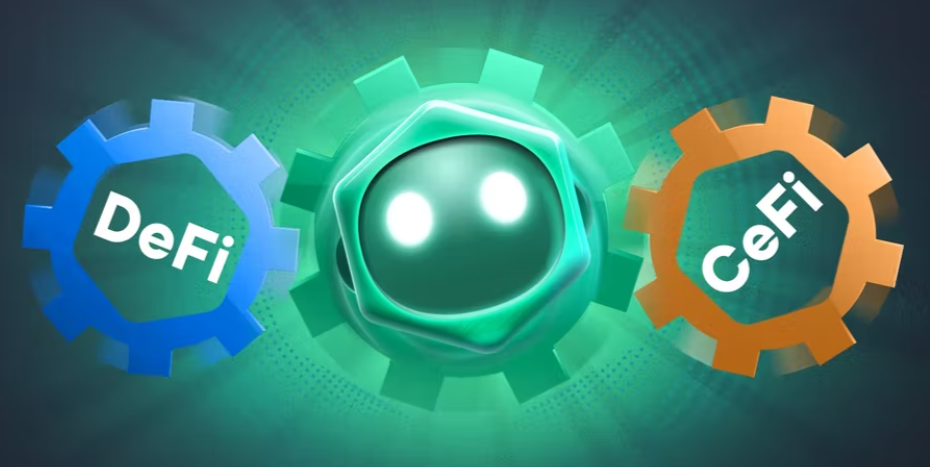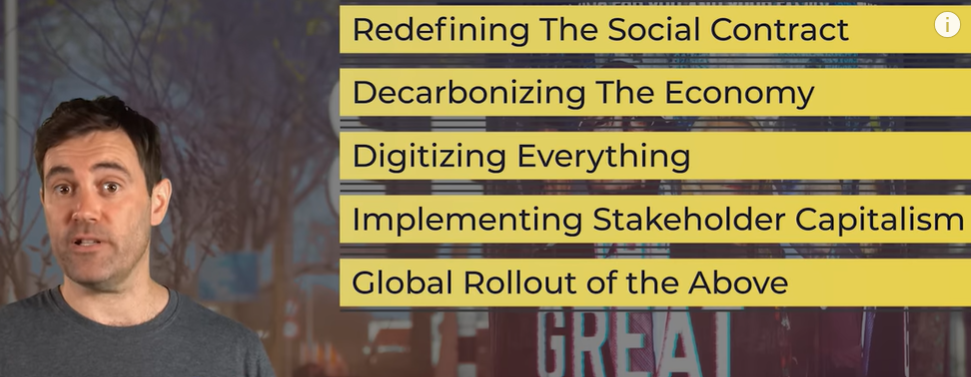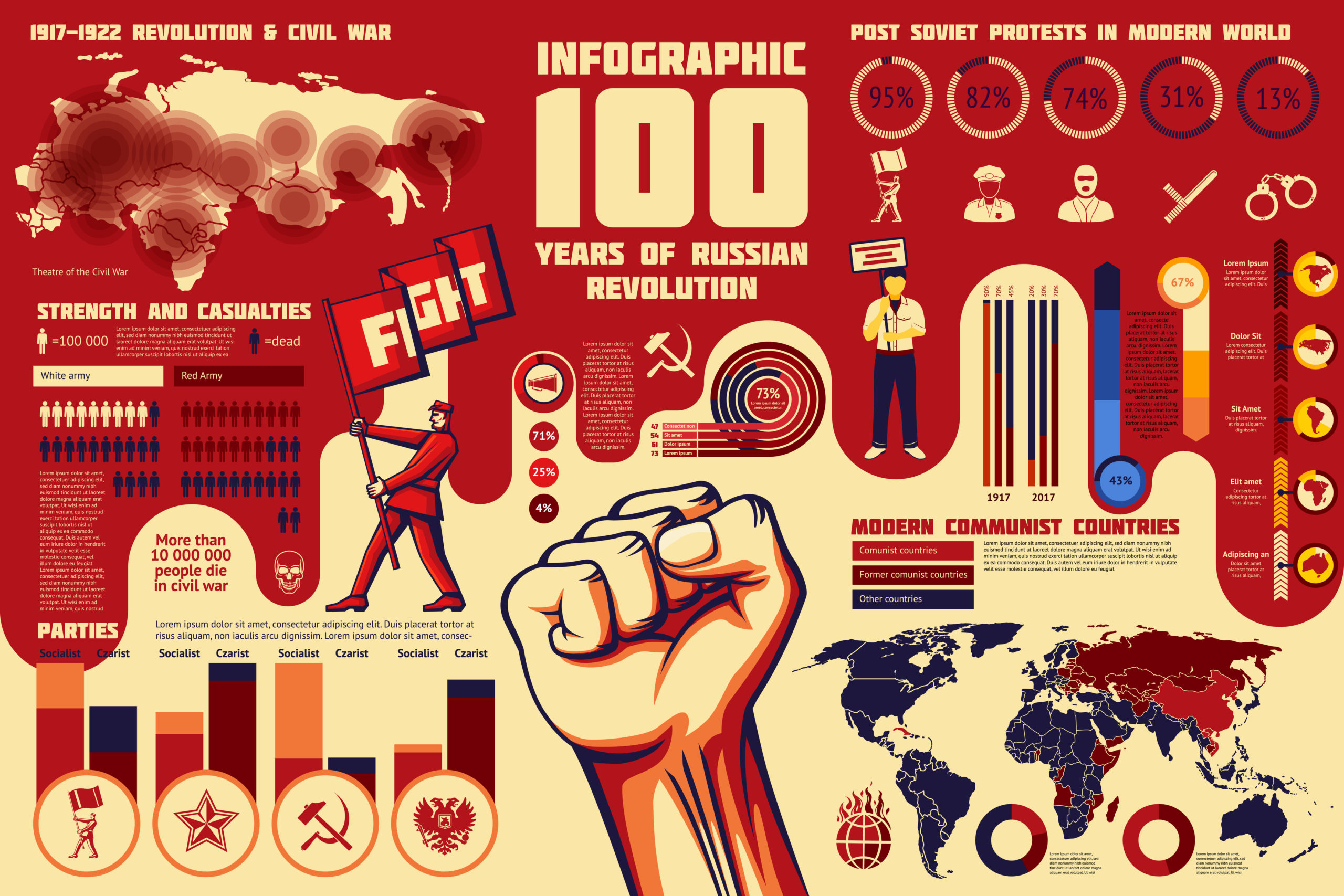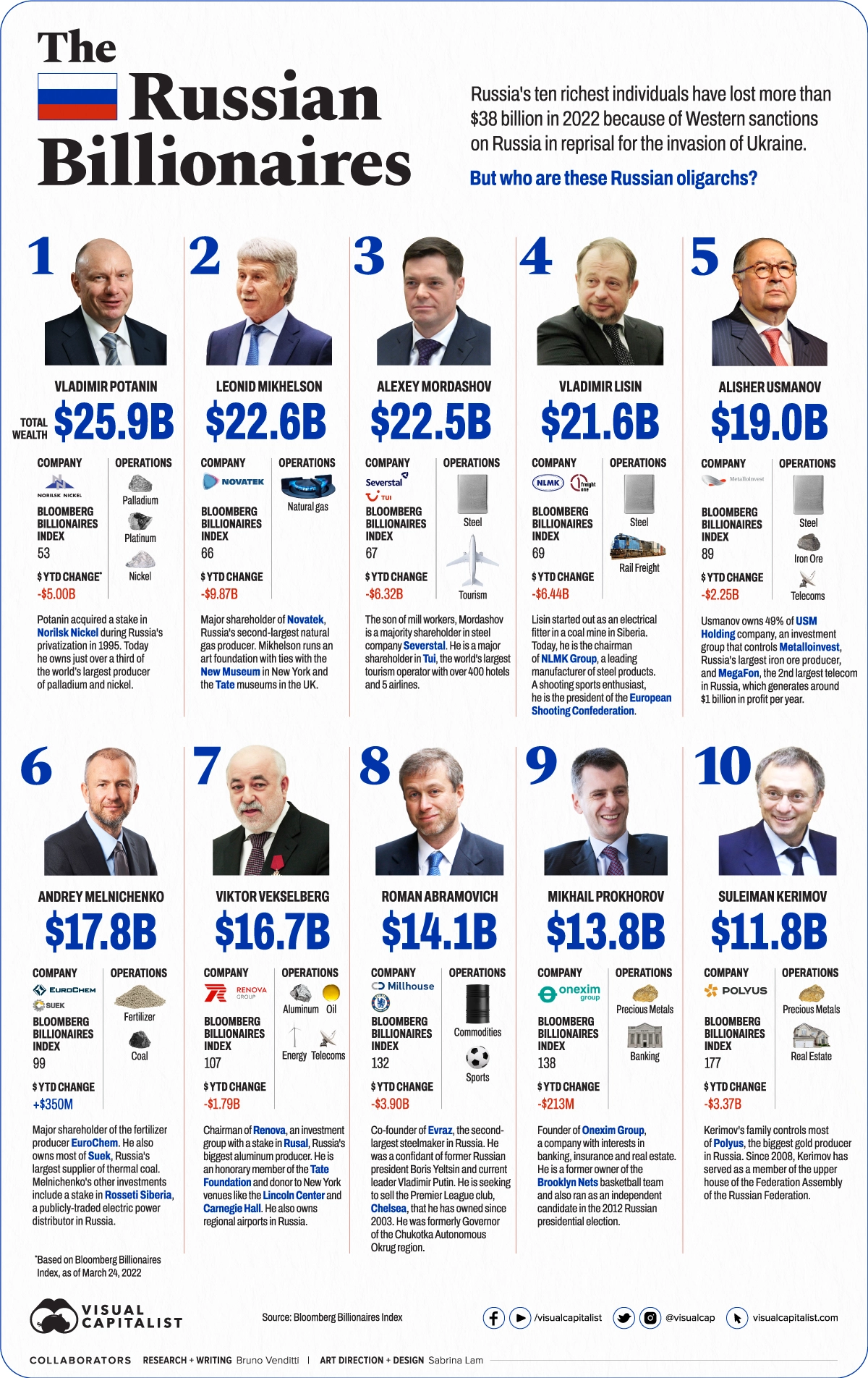
In what seems to be a series of posts, I'm going to hone in on the centralised versus decentralised view of the world. Here's Part One!
Thanks to my friend Dharmesh, I watched this 25 minute video from Coin Bureau the other day.
The presenter is Guy Turner https://www.coinbureau.com/who-is-guy/ who is very articulate and credible. His focal point in the video is Klaus Schwab, the founder of the World Economic Forum (WEF), and his proposition for the Great Reset. What is the Great Reset? Guy summarises it as:

- Redefining the social contract
- Decarbonising the economy
- Digitising everything
- Implementing Stakeholder Capitalism
- Global rollout of the above
I guess as I was raised within the system, I am a product of the system. Therefore, I subscribe to all of the above. Having said that, as I watched Guy’s discussion, I realised that there is an alternative view.
Guy’s takedown of Schwab’s proposition is basically an argument around centralisation and decentralisation. The former gives power to those who control the masses; the latter gives power to the masses.
It’s a very cool idea, but sounds communistic. Luckily, Guy talks about that too, and points out that if Russia were the example of inclusion it, instead, creates misery for the masses for the wealth of the few.


Source: Visual Capitalist
It’s all about money, power and centralisation versus decentralisation. These are themes I come back to often:
- A dystopian or utopian future? Money is the core (August 2022)
- Do you see the point of “Squid Game”? (October 2021)
- The 1% will always get richer (November 2018)
- If banking were a movie, which movie would it be? (April 2015)
- Can you have decentralised exchange without centralised control? (February 2015)
- The uprising (September 2012)
… and I always make the same conclusion. You cannot have an economy that is unregulated and you cannot have money without government for that reason.
I grapple with this issue all the time these days, as cryptocurrencies and DeFi (decentralised finance) are top of mind. The themes run regularly around central systems (CBDCs) and decentralised systems (cryptocurrencies); around the State versus the Libertarian; around the regulated versus the Wild West; around the secure versus the lunatic.
I am firmly a believer in controls, but I never say the controls should be centralised. I’m happy if the network can create a decentralised system with decentralised controls that can be trusted. The trouble is that, too often, the controls cannot be trusted in the decentralised world. People lose money all of the time, and there are far too many bad actors.
On top of this, many people are not technologists, don’t understand these things and quite like have a secure control structure around them. It’s a bit like the old argument about empowerment. You can all do your own thing, but most people don’t want to. They want to be told what to do.
You can argue this point with me, but I reckon that 8 out of 10 cats just want to live a happy life and have structure. That means they want the powers that be to tell them what to do. It’s the 2 out of 10 that fight the system.
The question then is can you break the system?
Throughout history, ever since humanity became civilised (Ed: are we?), the weak are ruled by the powerful. And this is what DeFi believe can change, imho. It’s DeFi, decentralised finance, versus CeFi, centralised finance. More importantly, it’s the people versus the system; the libertarian versus the state; the masses versus the 1%.
Guy’s argument is that the Great Reset is all about the World Economic Forum increasing centralised control, and that DeFi can resist this and recreate it. He concludes with a pointer to Elon Musk, who is treading the line between both. Elon’s the wealthiest man in the world but also believes in Dogecoin. Who’s right?
My own conclusion is that we will never see a system that is truly decentralised. In biology, in history, in reality, there has never been a system where everyone owns their own destiny. They have to conform to the norms of their society, whether an ant, a bee, a lion, a tiger or a human.
Every animal on Earth has controls. A gorilla cannot mate with another gorilla unless the alpha male allows it, which they normally do not; a deer cannot rule a herd without beating the alpha male; a lion cannot raise a family until the alpha male gets rid of all contenders; and so on and so on.
In other words, it’s in our blood to have controllers and those who are controlled. Without those controls, nothing works. So, I believe in a hybrid system. There will be decentralised structures, but people will only use them for things that are liberal. If they want secure structures, they will use those that have centralised oversight.
Chris M Skinner
Chris Skinner is best known as an independent commentator on the financial markets through his blog, TheFinanser.com, as author of the bestselling book Digital Bank, and Chair of the European networking forum the Financial Services Club. He has been voted one of the most influential people in banking by The Financial Brand (as well as one of the best blogs), a FinTech Titan (Next Bank), one of the Fintech Leaders you need to follow (City AM, Deluxe and Jax Finance), as well as one of the Top 40 most influential people in financial technology by the Wall Street Journal's Financial News. To learn more click here...

